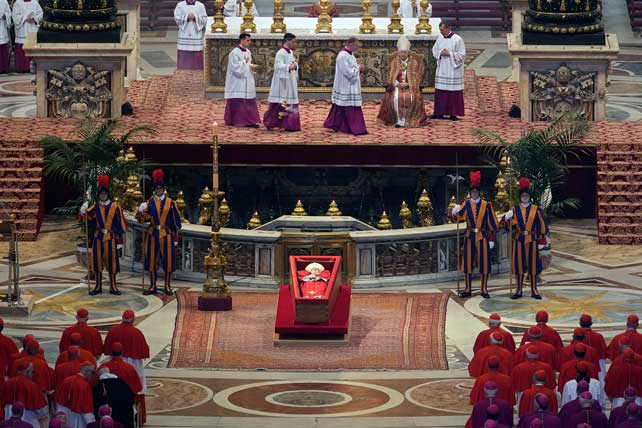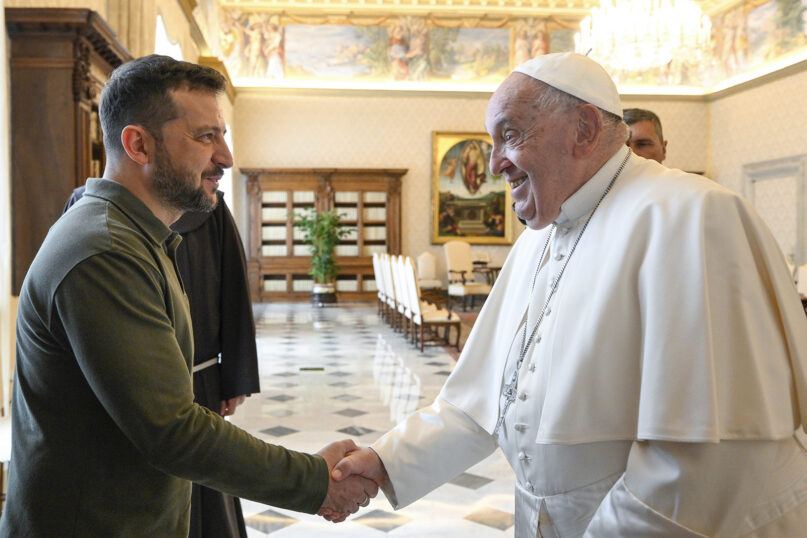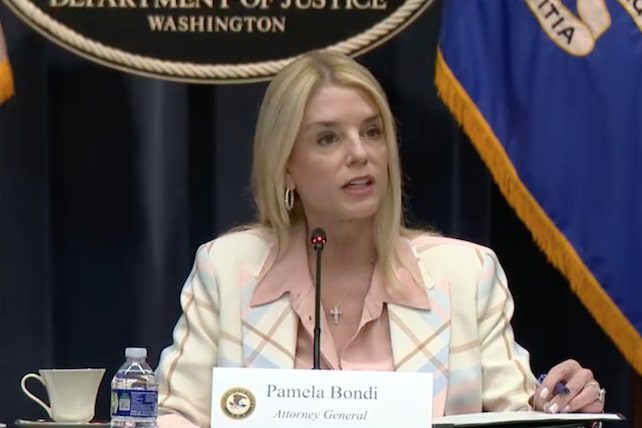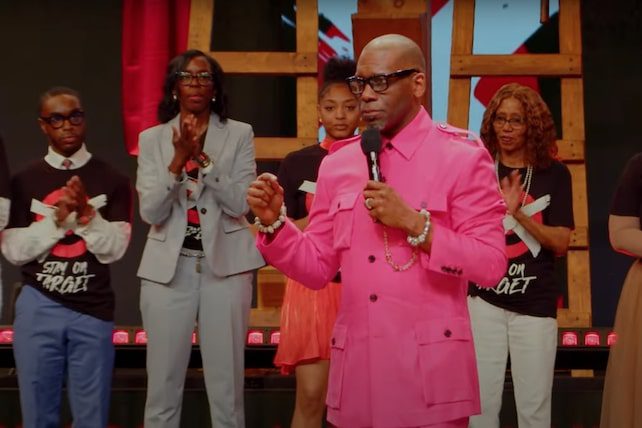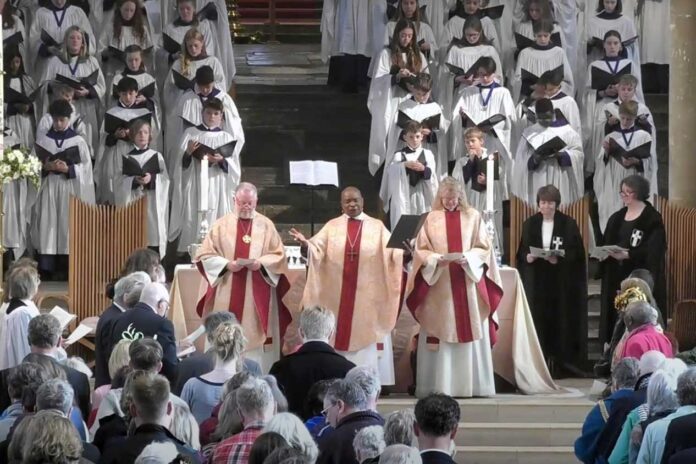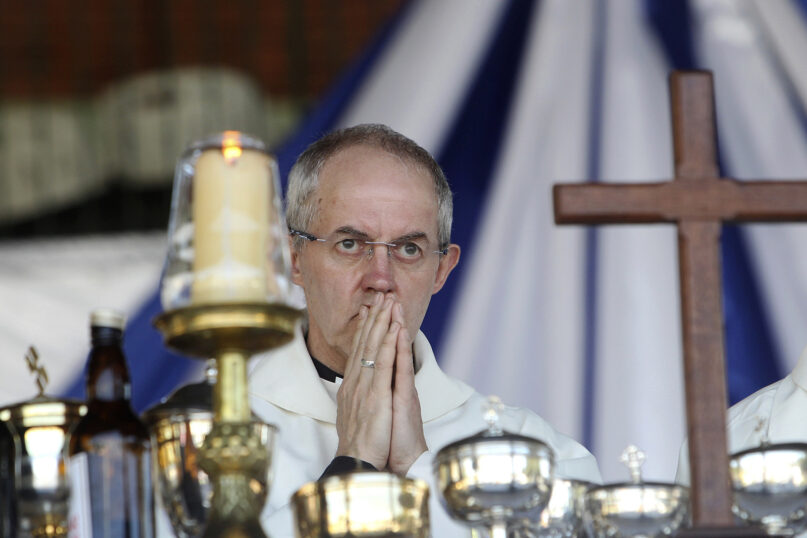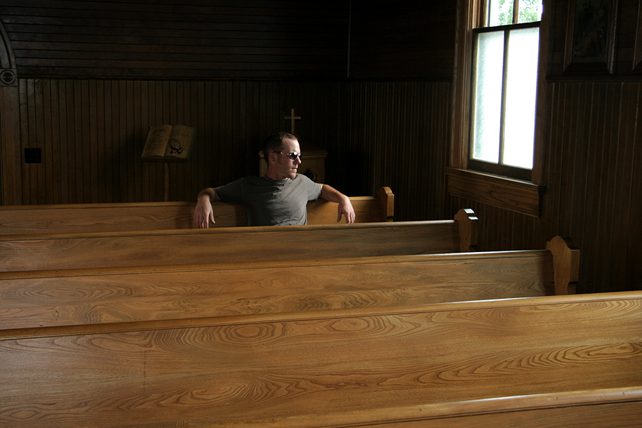 “BrainSync,” active ingredient No. 4 in Neuroscience Informed Christian Counseling® (NICC), encapsulates a nuanced and transformative therapeutic process that involves strategic use of limbic resonance, regulation, and revision in service of participant care. This multifaceted concept leverages the neurological underpinnings of human connection and empathy, aligning with biblical principles such as “bearing one another’s burdens” and sharing in each other’s joys and sorrows.
“BrainSync,” active ingredient No. 4 in Neuroscience Informed Christian Counseling® (NICC), encapsulates a nuanced and transformative therapeutic process that involves strategic use of limbic resonance, regulation, and revision in service of participant care. This multifaceted concept leverages the neurological underpinnings of human connection and empathy, aligning with biblical principles such as “bearing one another’s burdens” and sharing in each other’s joys and sorrows.
Understanding BrainSync
Limbic Resonance (Sharing)
At the heart of BrainSync is the concept of limbic resonance, which refers to the emotional synchronization that occurs between individuals. This process, facilitated by the brain’s limbic system, allows people to “feel felt” and understand each other on profound, non-verbal level. In NICC, this aspect is referred to as “Sharing,” where a counselors attune their nervous systems to the participant’s, reflecting the participant’s experience through verbal, paraverbal, or facial communication. This empathetic resonance is foundational to establishing a deep therapeutic connection.
Limbic Regulation (Baring)
“Dyadic Limbic Regulation,” or “Baring,” involves the mutual regulation of emotional states between counselor and participant. This aspect of BrainSync is critical for helping participants manage intense emotions through co-regulation. The counselor, via nervous system attunement, assists the participant in navigating these emotional experiences, offering support through various forms of communication, including touch when appropriate. This interactive process helps stabilize the participant’s emotional state, fostering a sense of safety and trust.
Limbic Revision (Shining)
“Limbic Revision,” known in NICC as “Shining,” is the process through which positive emotional states are shared and amplified between counselor and participant. Through verbal, paraverbal, facial, and bodily communication, counselors can transfer positive affect to participants, helping to “cheer up” and uplift them. This interaction not only provides immediate emotional support but also contributes to long-term emotional and relational healing. The mechanism behind this process involves the brain’s capacity for neuroplasticity, where repeated positive interactions lead to lasting changes in emotional expression and experience.
The Impact of BrainSync
The power of BrainSync lies in its ability to foster deep emotional and relational healing through the synchronization of emotional states, supported by the latest findings in neuroscience. This approach aligns with the Christian understanding of relationality and compassion, emphasizing the importance of shared emotional experiences in the therapeutic journey.
- Neurological Basis: The limbic system, including mirror neurons and neurochemical processes involving oxytocin, vasopressin, dopamine, and serotonin, plays a vital role in BrainSync. These components facilitate empathy, emotional regulation, and positive emotional exchanges, underpinning the therapeutic relationship.
- Biblical Integration: BrainSync reflects biblical principles of empathy, compassion, and community, emphasizing the importance of sharing in one another’s emotional worlds. By bearing one another’s burdens and rejoicing together, counselors and participants engage in a deeply spiritual and healing process.
- Therapeutic Transformation: Through BrainSync, NICC counselors help participants navigate and transform their emotional landscapes. This leads to the creation of secure attachments, the healing of emotional wounds, and the fostering of joy and resilience in relationships.
- Markers of BrainSync: The process is marked by three key components—Sharing, Baring, and Shining—each contributing to the therapeutic journey’s depth and efficacy. These markers guide counselors in attuning to and supporting participants through their emotional and relational healing processes.
BrainSync represents an important active ingredient of the NICC approach, merging neuroscientific insights with spiritual wisdom to facilitate profound healing and growth. Through empathic resonance, emotional co-regulation, and positive affect sharing, BrainSync offers a powerful framework for transformative counseling that honors both the scientific understanding of human connection and the Christian commitment to compassion and community.
REFERENCES
- Right brain-to-right brain psychotherapy: recent scientific and clinical advances
- Towards a two-body neuroscience
- Unlock Joy: Delighting & Secure Attachments
This article originally appeared here.

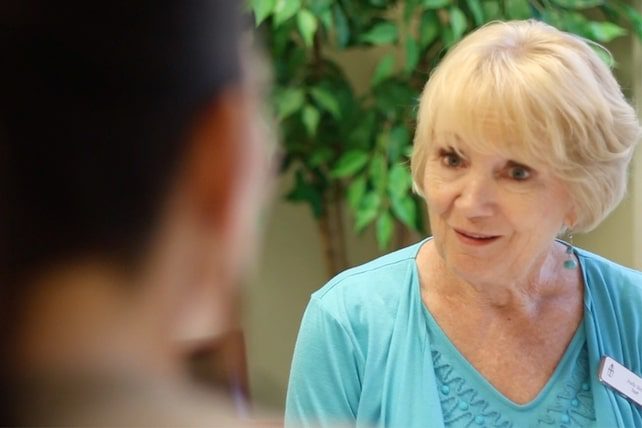
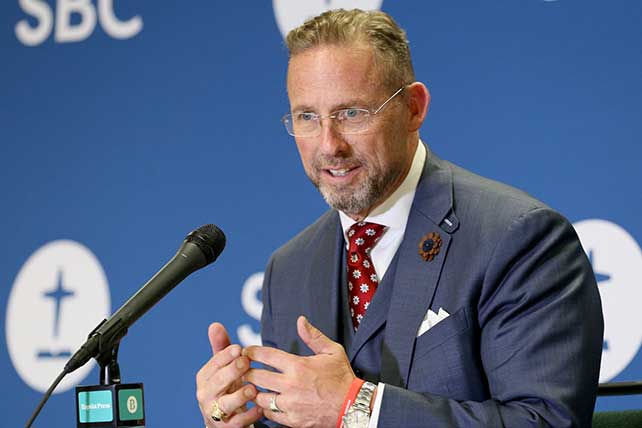

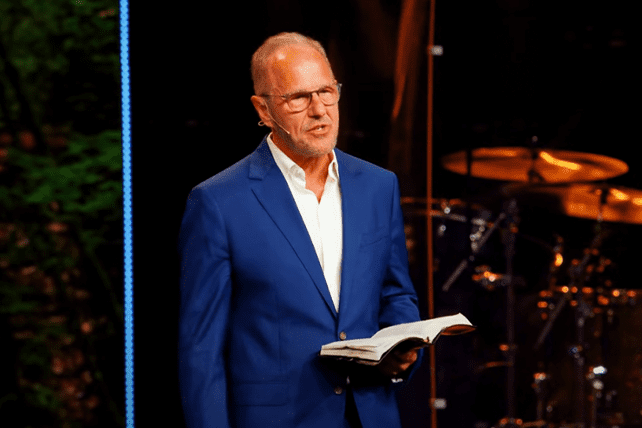

 I’ll be honest. Self-care always ends up at the bottom of my to-do list. In fact, self-care has never been in my vocabulary. For most of my life, I’ve been a hard-charging, type-A, driven, ambitious person. But as I recently turned 30, I began to realize that my body can’t hold up to my pace. Unfortunately, many high-achieving
I’ll be honest. Self-care always ends up at the bottom of my to-do list. In fact, self-care has never been in my vocabulary. For most of my life, I’ve been a hard-charging, type-A, driven, ambitious person. But as I recently turned 30, I began to realize that my body can’t hold up to my pace. Unfortunately, many high-achieving 